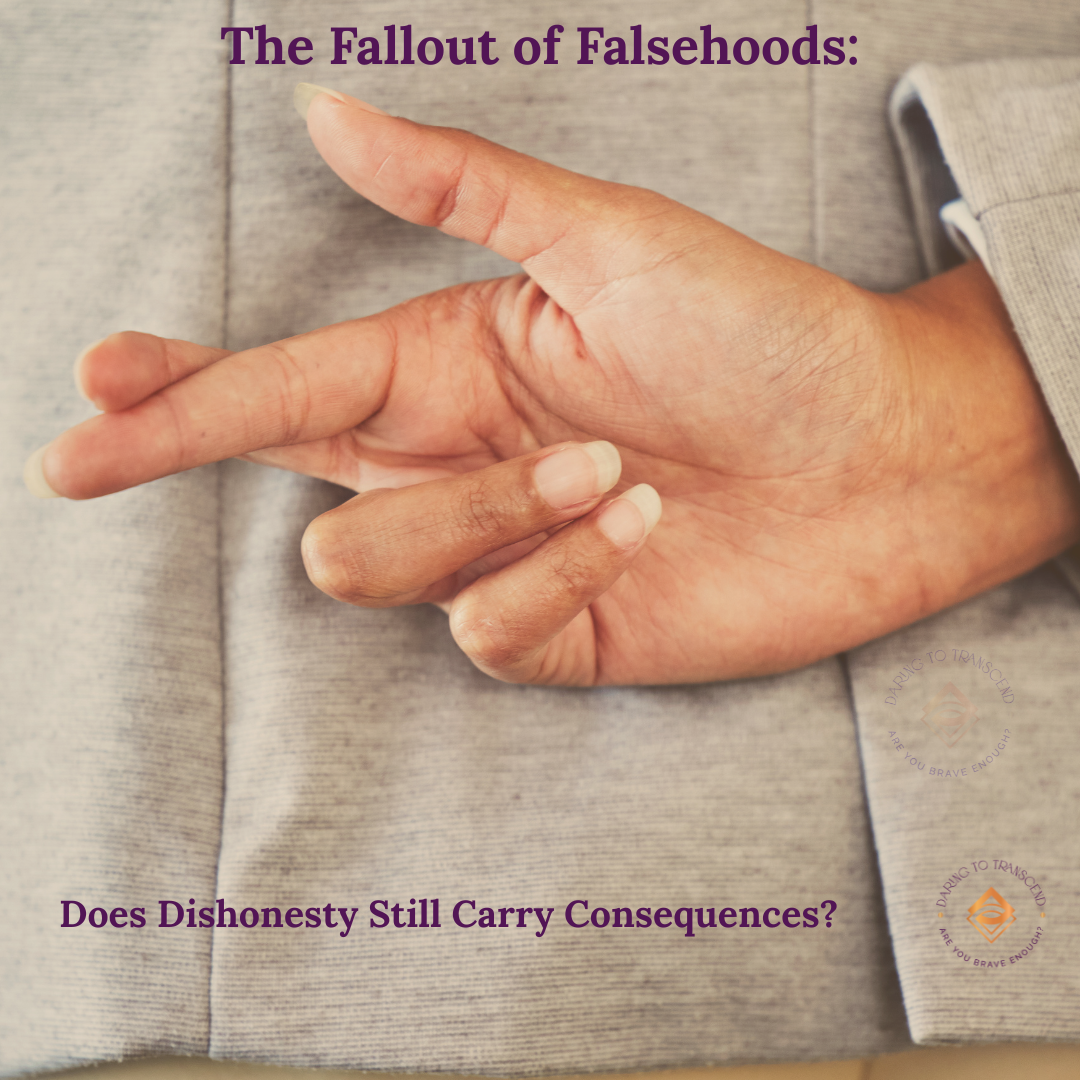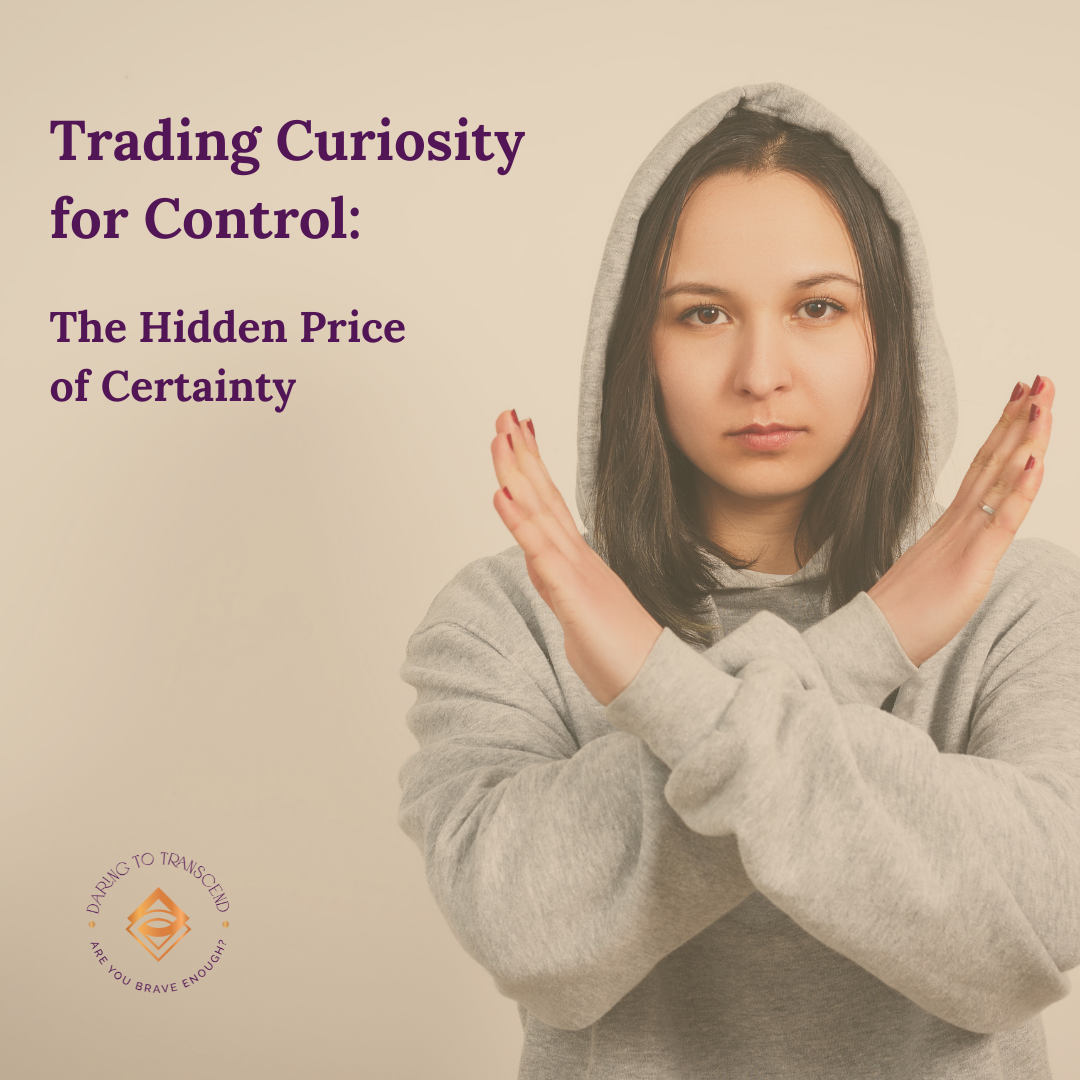Have you ever noticed how much dramatic tension is created in movies, books, and TV shows because one or more of the main characters has told a lie? It’s truly ubiquitous. (And yes, some of the characters lie in my books, too.)
But lying characters are such standard fare that it is almost treated as normal.
One might even conclude that lying is socially acceptable.
Especially when there are rarely any significant consequences for the lie or lies, even when one or more of the other characters “doesn’t tolerate lying”. Yes, there’s a moment or two of shock and awe when the deception is revealed, but there’s always some reason for the lie to be excused or overlooked. The lying character apologizes, is forgiven, and everyone goes on to live happily ever after.
Or do they?
Of course, we never really know because the movie or book or TV episode comes to an end, but I always wonder.
How does the character who supposedly didn’t tolerate lying learn to trust the lying character? I mean, really trust them.
If someone lies to you (or involves you in a deceptive charade), especially about something important, doesn’t that create doubt in your mind about their trustworthiness?
What’s to stop them from lying again? Especially if they got what they wanted by lying in the first place?
Public Distrust in the U.S.
Unfortunately, lying is also ubiquitous in our society today, and it’s not only within the realm of fiction and fantasy. We all know that politicians lie. We know that most news services lie—or take a lot of liberty with the truth. After all, how many times have you clicked on a headline and found that the article itself was completely different than the title that drew you in?
And what about your company’s leadership?
Here are some fairly recent statistics about trust in the U.S.:
- Only 5% of U.S. respondents say they trust politicians according to statista.com.
- In a recent Gallup poll, only 31% of respondents say they trust mainstream media “a great deal” or “a fair amount”, according to the Hill.
- Only 20% of people trust the leadership in their organization, as reported by The Entrepreneur.
That’s a whole lot of distrust.
And that’s not even tackling interpersonal relationships, whether at home or in the workplace.
My Journey with Truth, Trust, and Fiction
I recently read The Way of Integrity by Martha Beck. Wow. Talk about confronting! But it was also refreshing and challenging, and it made me think about how many times I shade the truth or even tell an outright lie, usually in the name of keeping the peace or being polite.
Her challenge: tell the truth all the time. Oh, you can be polite about it. Or you can remain silent if that’s appropriate.
It’s not as easy as it sounds. Or does it sound easy to you?
Lying and the consequences of lying are one of the things that I’m exploring as I write the third book in The Ascending Ladders Series. It’s tentatively named: Embracing Trust.
Because one of the main characters told a whopper of a lie in book two: Pursuing Truth, and she seemed to get away with it. But I kept asking myself, did she? How would people react to her if they knew what she had done.
Well, I’m finding out, and let me tell you that she’s not having a good time. At least not so far.
So, while my character may still get her happily ever after, she’s going to have to deal with serious consequences and work to re-earn trust. If she can.
Because I know I’ve paid the price for lies I’ve told in the past.
Haven’t you?




0 Comments